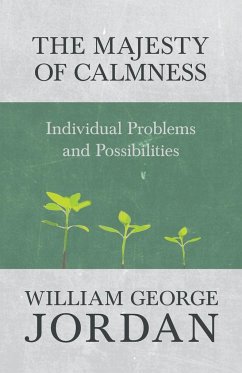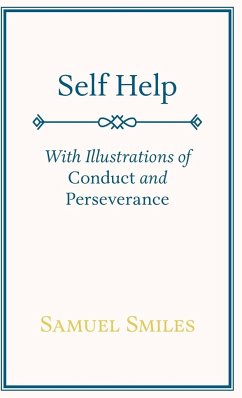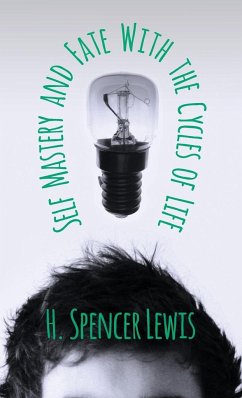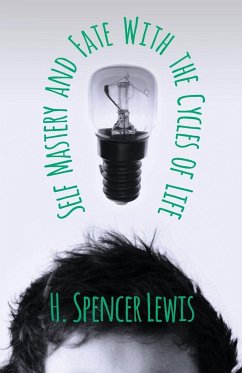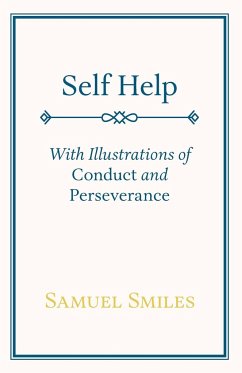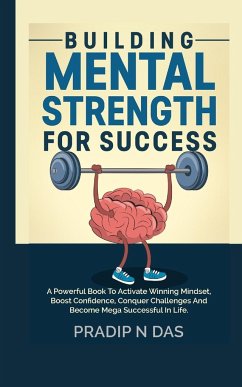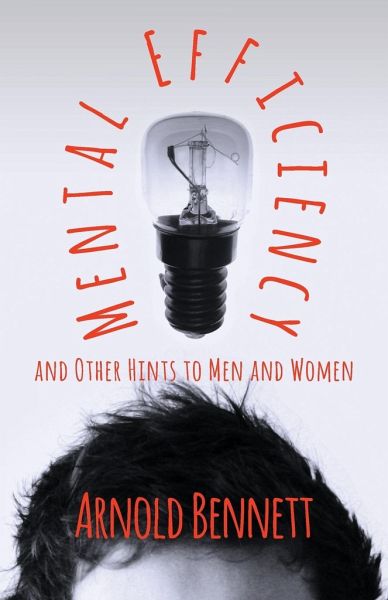
Mental Efficiency And Other Hints To Men And Women
Versandkostenfrei!
Versandfertig in 1-2 Wochen
16,99 €
inkl. MwSt.
Weitere Ausgaben:

PAYBACK Punkte
8 °P sammeln!
This antiquarian volume contains an essay by Arnold Bennett on the subject of mental efficiency. This text is typical of the numerous self-improvement essays and books that Bennett wrote alongside his famous fiction work, and it is a text that, although old, still contains much that will amuse and edify the modern reader. A must-have for fans and collectors of Bennett's work, this book would make for a worthy addition to any collection. The chapters of this book include: 'Mental Efficiency', 'The Appeal', 'The Replies', 'The Cure', 'Mental Calisthenics', 'Expressing One's Individuality', 'Brea...
This antiquarian volume contains an essay by Arnold Bennett on the subject of mental efficiency. This text is typical of the numerous self-improvement essays and books that Bennett wrote alongside his famous fiction work, and it is a text that, although old, still contains much that will amuse and edify the modern reader. A must-have for fans and collectors of Bennett's work, this book would make for a worthy addition to any collection. The chapters of this book include: 'Mental Efficiency', 'The Appeal', 'The Replies', 'The Cure', 'Mental Calisthenics', 'Expressing One's Individuality', 'Breaking with the Past', 'Settling Down in Life', 'Marriage', 'Books', 'Success', 'The Petty Artificialities', 'The Secret of Content', etc. Bennett (1867-1931) was a British novelist famous for writing such books as 'The Grand Babylon Hotel' (1902), 'The Grim Smile of the Five Towns' (1907), and 'Hilda Lessways' (1911). We are republishing this vintage book now in an affordable, modern edition - complete with a new biography of the author.







